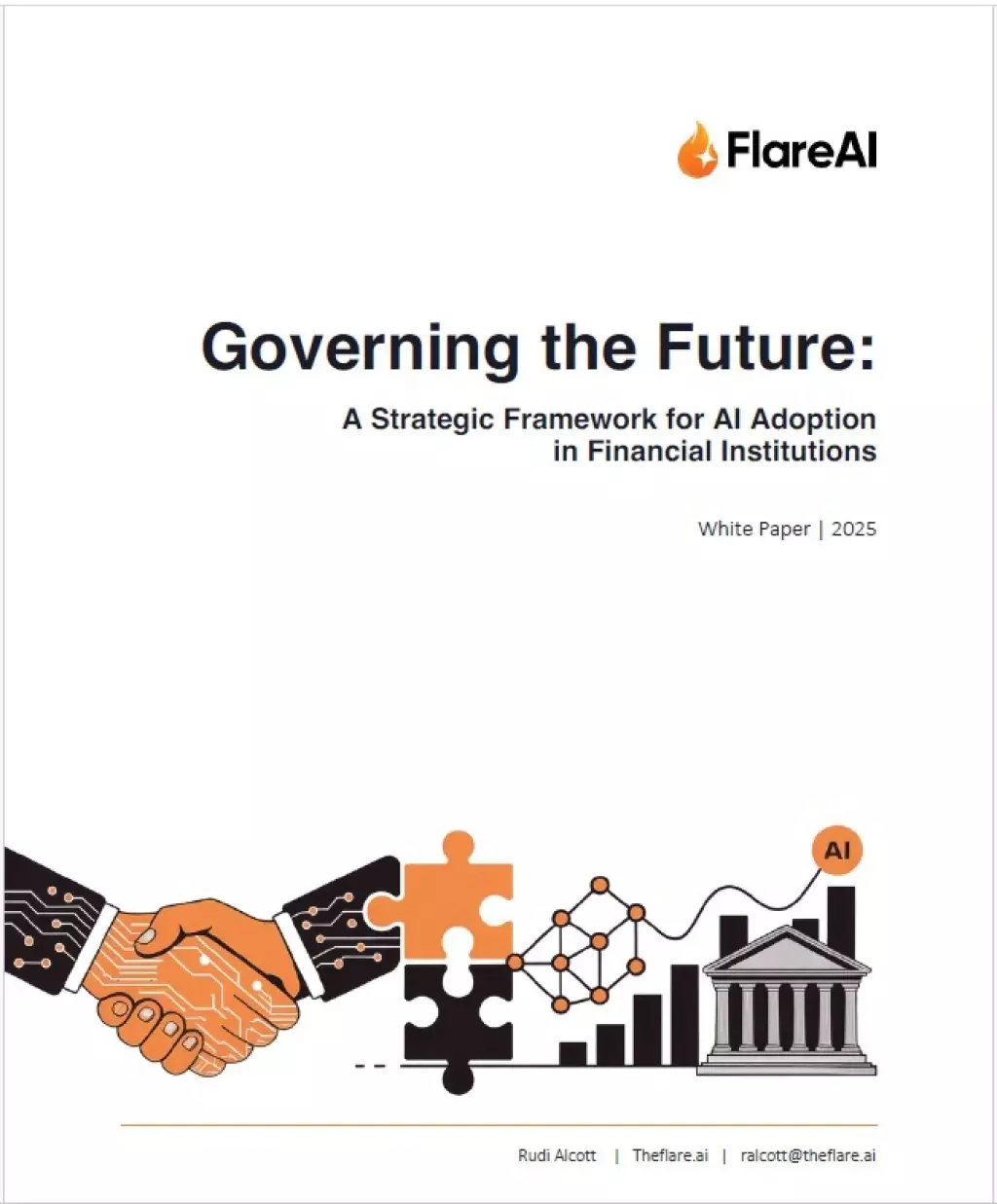International Society of Automation Publishes Position Paper on Industrial AI
The International Society of Automation has published a new position paper titled *Industrial AI and Its Impact on Automation*, announced in a press release. The document provides a standards-based overview of how artificial intelligence is influencing industrial automation systems, outlining both opportunities and challenges for safe adoption.
The paper traces AI’s evolution from early expert systems to modern data-driven and generative models, noting their growing role in robotics, predictive maintenance, digital twins, and process optimization. It highlights operational benefits such as improved inspection, quality control, and maintenance through advanced data analysis and vision-language-action models.
A key focus is the importance of established frameworks like the ISA/IEC 62443 series in ensuring AI systems are secure, transparent, and aligned with operational technology requirements. The paper also emphasizes workforce readiness, calling for upskilling and competency development based on models such as the U.S. Department of Labor’s Automation Competency Model.
ISA invites collaboration among industry, policymakers, and academia to develop best practices and education initiatives that support responsible and scalable AI deployment. The position paper is available through the organization’s website.
We hope you enjoyed this article.
Consider subscribing to one of our newsletters like Industrial AI Weekly or Daily AI Brief.
Also, consider following us on social media:
Subscribe to Industrial AI Weekly
The latest advancements in smart manufacturing, predictive maintenance, AI-driven quality control, supply chain & more.
Whitepaper
Governing the Future: A Strategic Framework for AI Adoption in Financial Institutions
This whitepaper explores the transformative impact of artificial intelligence on the financial industry, focusing on the governance challenges and regulatory demands faced by banks. It provides a strategic framework for AI adoption, emphasizing the importance of a unified AI approach to streamline compliance and reduce operational costs. The document offers actionable insights and expert recommendations for banks with fewer than 2,000 employees to become leaders in compliant, customer-centric AI.
Read more
